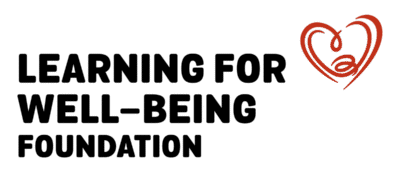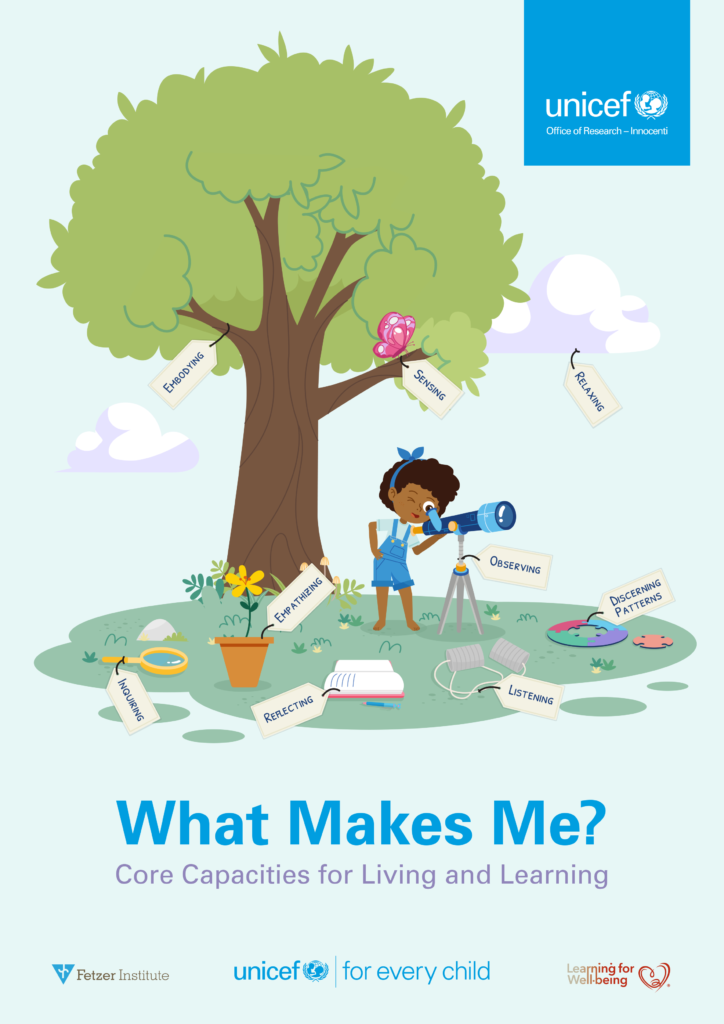Our Approach
The Learning for Well-being Approach
Living systems: Using nature as a guide.
Learning for Well-being emphasises a paradigm shift towards a living systems perspective. This perspective sees life as a dynamic process built on relationships.
Nature itself, and everything within it, works as a living whole system. By understanding the evolutionary principles of living systems, we start uncovering notions which are foundational to understanding the nature of human well-being: wholeness, purpose, process, patterns, and capacities.
Wholeness: Whole people. Whole systems.
We define well-being as “realising one’s unique potential through physical, emotional, mental, and spiritual development in relation to self, others, and the environment.”
The definition acknowledges the desire for wholeness amid contemporary culture of fragmentation, and highlights that a well-lived life transcends conventional measures like educational achievement or income.
Purpose at the heart of one’s unique potential.
Every living system has a centralising impulse, a unique potential akin to the expression of one’s “soul”, “essence” or “true self”. With this notion we acknowledge the deep seated quest for meaning and purpose in every person, which is a source of vital energy and essential qualities throughout life.
Every person is born with the potential to be more fully and deeply themselves.
Process: Natural patterns of functioning.
Nature expresses itself in micro and macro patterns, which relate to a central feature of the Learning for Well-being approach: the relationship between our unique potential and the natural process through which we make sense of the world that we call inner diversity.
Inner diversity refers to the fundamental pattern through which we perceive, process and integrate information into a highly personal representation of our experience—our very own “operating system”. It is through this pattern that thoughts, feelings, actions, and beliefs are filtered, organised, and given meaning, resulting both in gifts and challenges in how we relate with ourselves, others, and the world.
Our well-being requires the self-discovery and expression of our particular qualities, present from the beginning of life, and unfolding as we grow. The quality of the structures we create in the world is directly connected to the quality of our consciousness, and our ability to engage positively with our ways of functioning, as well as those of others.
Core capacities for living and learning
To nourish and expand the vitality in our systems, by cultivating wholeness, purpose and appreciation for different ways of functioning, we must protect and strengthen our core capacities, innate abilities that support individuals and communities to function as competent (living) systems.
Through core capacities, we can address the tension between the “I” and the “We” in decision-making, fostering the natural wholeness inherent in all systems, allowing it to emerge and flourish.
Related Content
The Learning for Well-being Framework
The Learning for Well-being integrative framework expresses the essential characteristics and organic ways systems function and evolve.
It includes:
4 Perspectives
Physical – Emotional – Mental – Spiritual
9 Core Capacities
Relaxing – Noticing – Reflecting – Listening – Inquiring – Empathising – Subtle Sensing – Body Sensing – Discerning patterns
7 Principles for Action
Wholeness – Purpose – Diversity – Relationships – Participation – Systems – Feedback
Well-being
Our definition of well-being acknowledges the complexity of the world around the person, but also inside the person.
We define well-being as realising one’s unique potential through physical, emotional, mental, and spiritual development in relation to self, others, and the environment.
Four Perspectives (Wholeness)
Below is a visual representation of this definition of well-being:
At the centre is unique potential, the centralising impulse which provides purpose, meaning and direction to each of our lives.
Unique potential is expressed through four perspectives by are represented three aspects of development—mental, emotional and physical—and the relationship with a spiritual dimension experienced through “a sense of connection to all things, including the natural and manmade environments”.
The spiritual dimension is considered as pervasive and is therefore indivisible; it both embraces and imbues the threefold nature of life (as expressed through the mental, emotional and physical aspects).
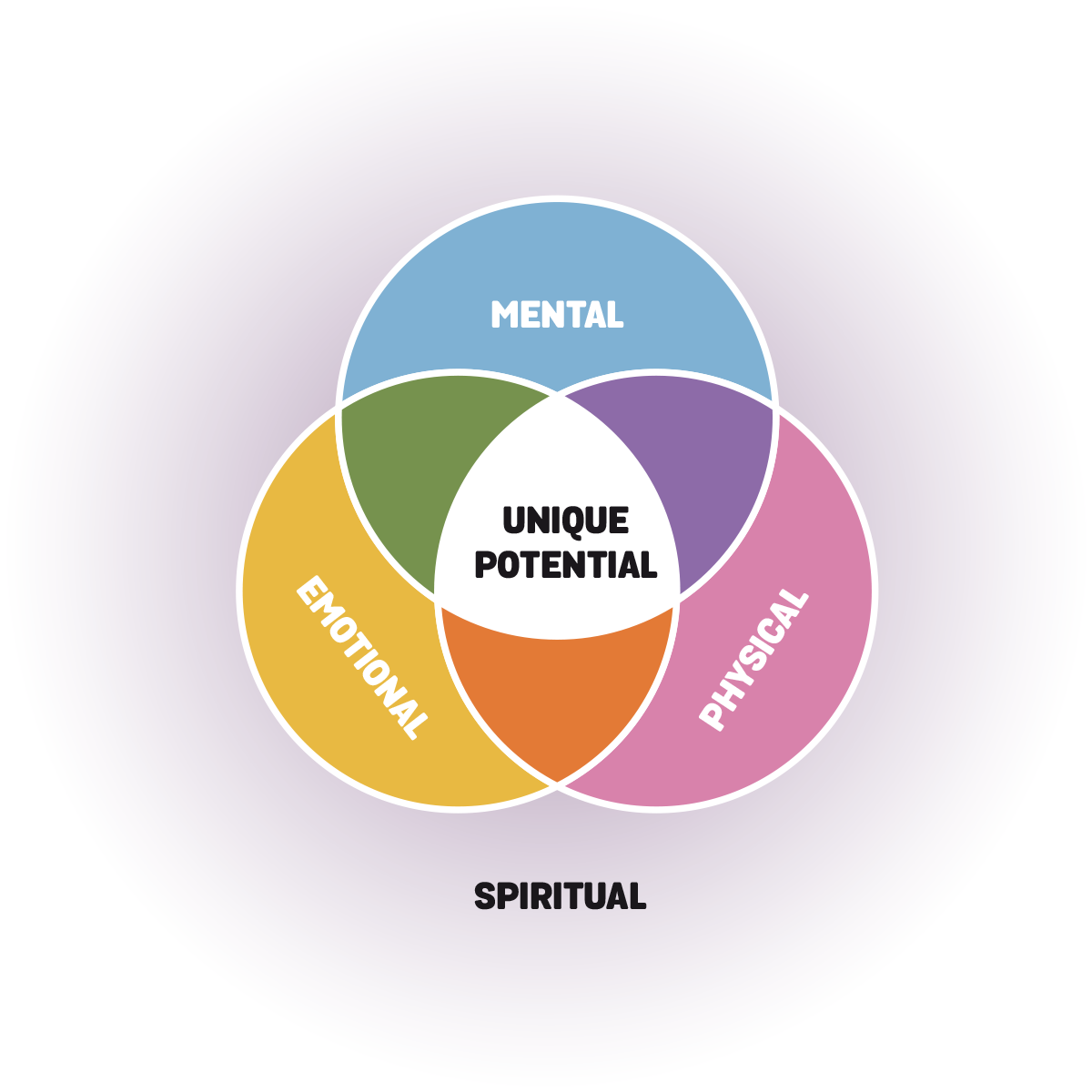
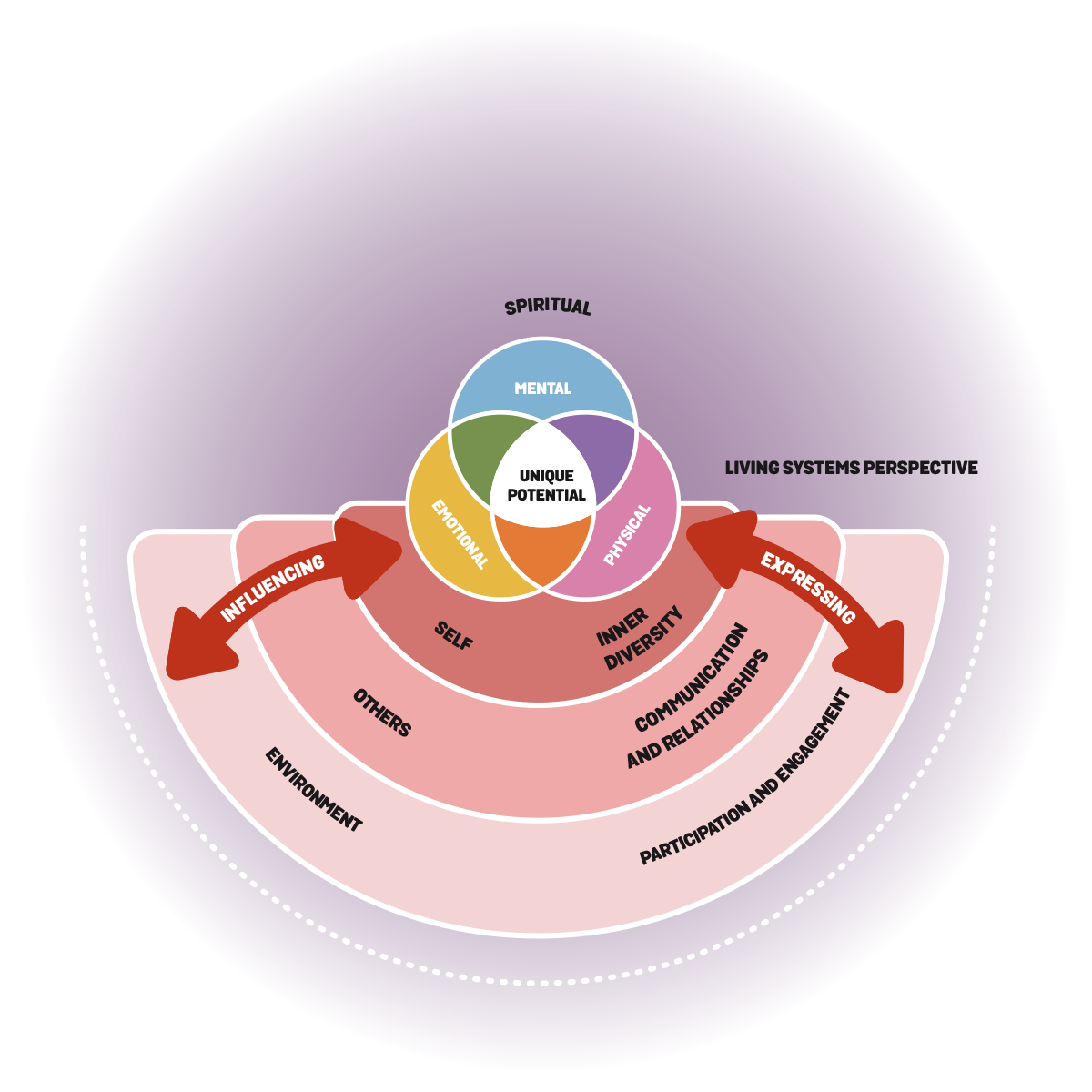
Core Capacities
Based on decades of exploration and practice with individuals and groups, we identified nine core capacities that help us deepen our relationship with ourselves, others and the environment.
We consider core capacities as distinct cornerstones of life skills and competences. The differences between them include a process-orientation and a focus on natural and individualised preferences explored through practice.
Each capacity can be understood through physical, emotional, mental and spiritual perspectives.

RELAXING
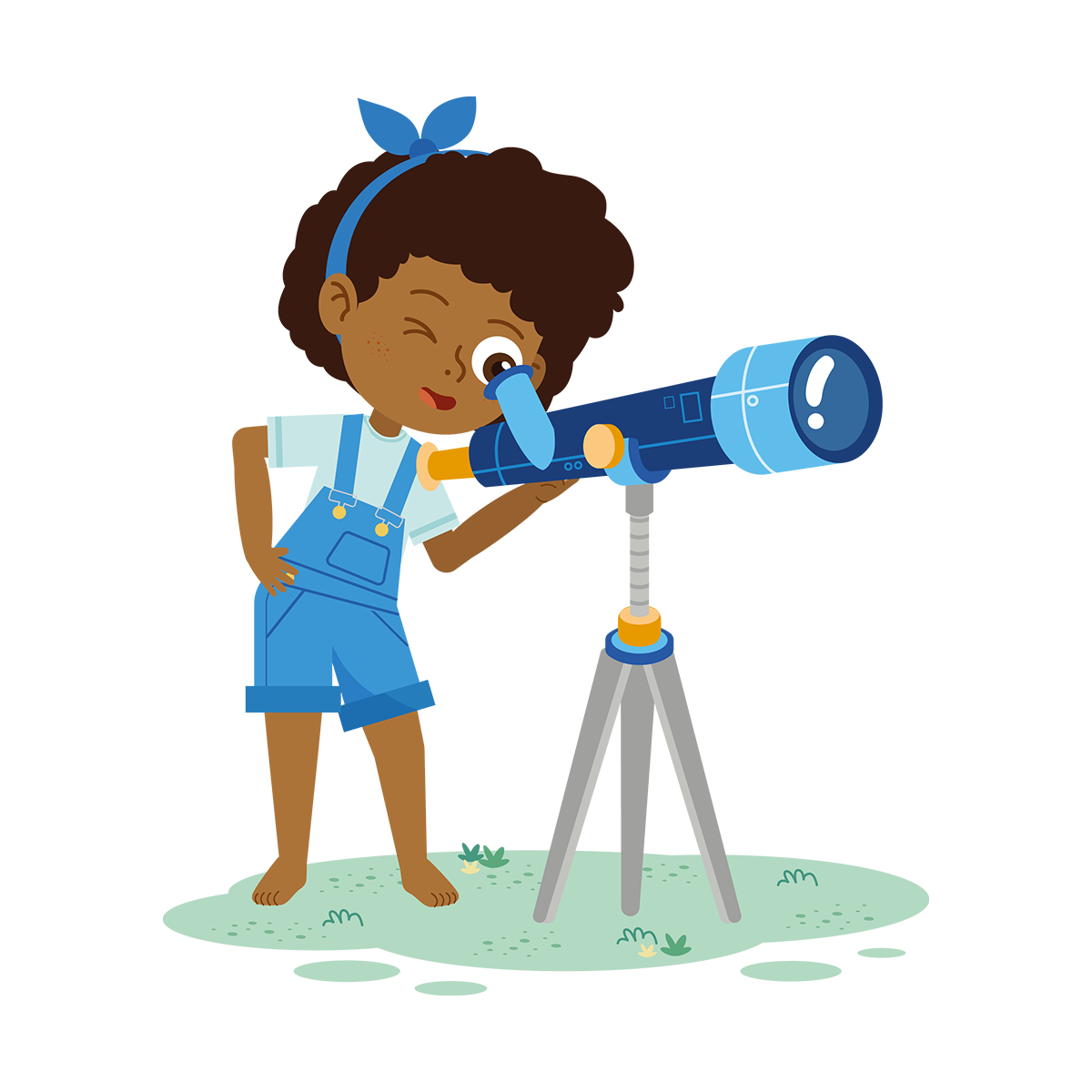
OBSERVING
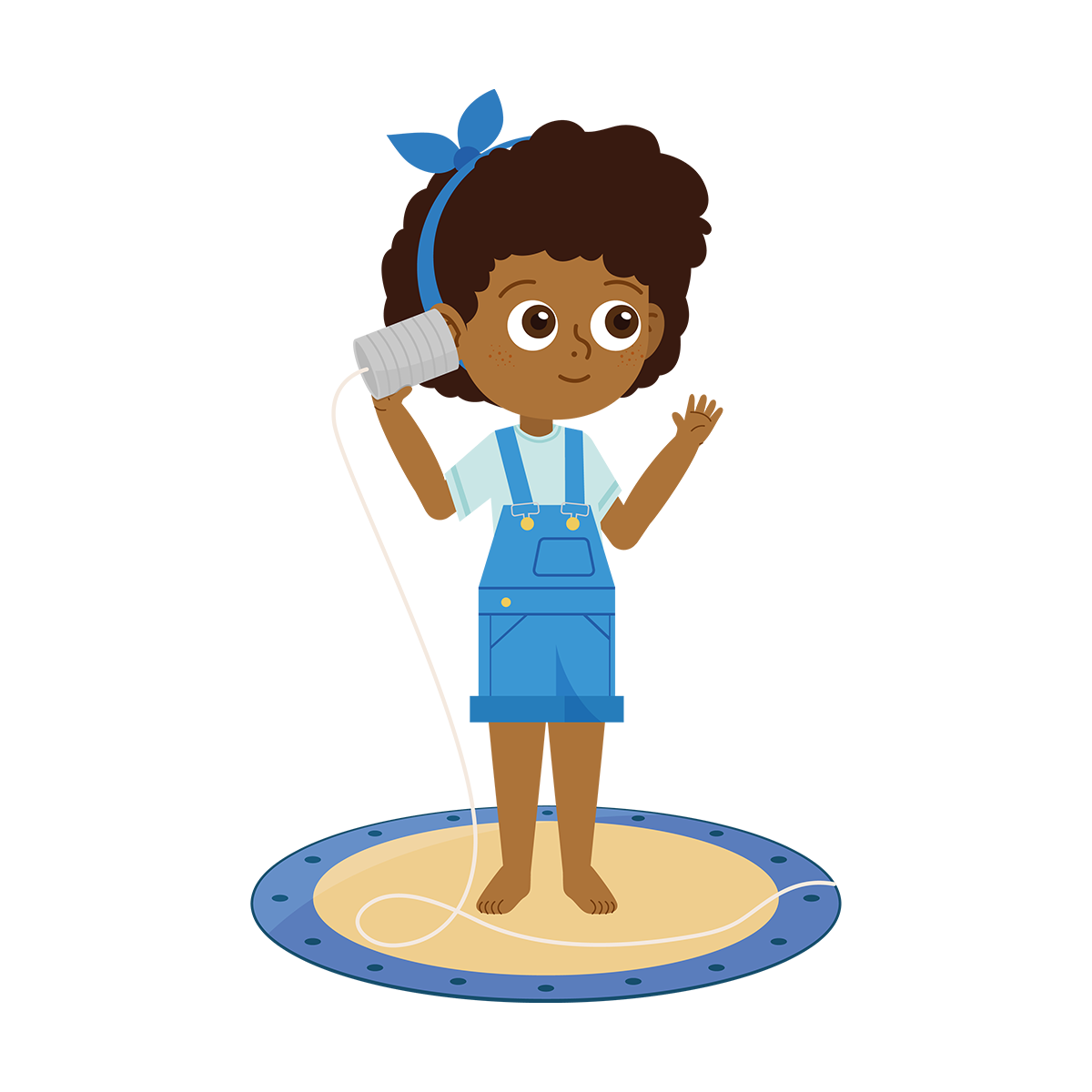
LISTENING
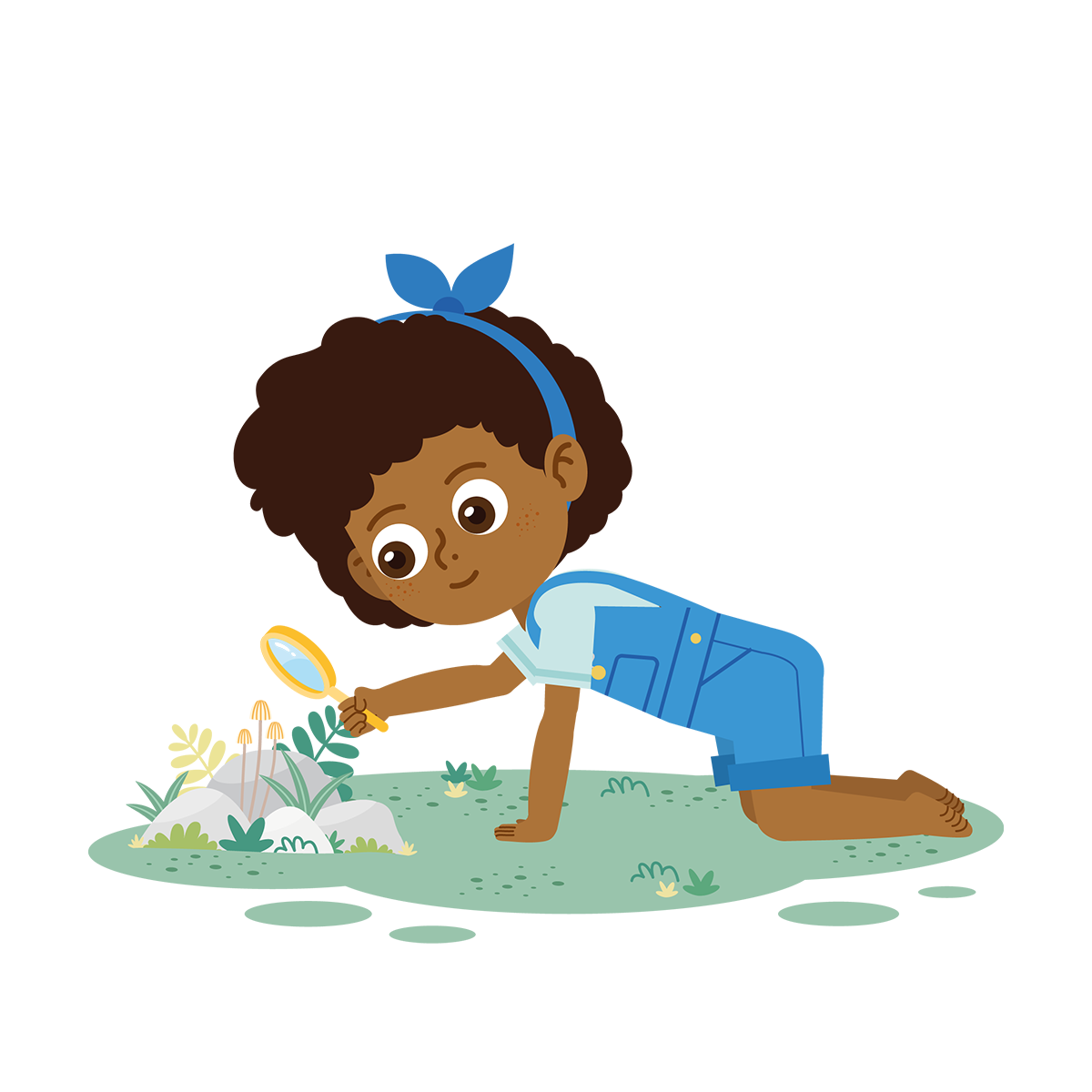
INQUIRING
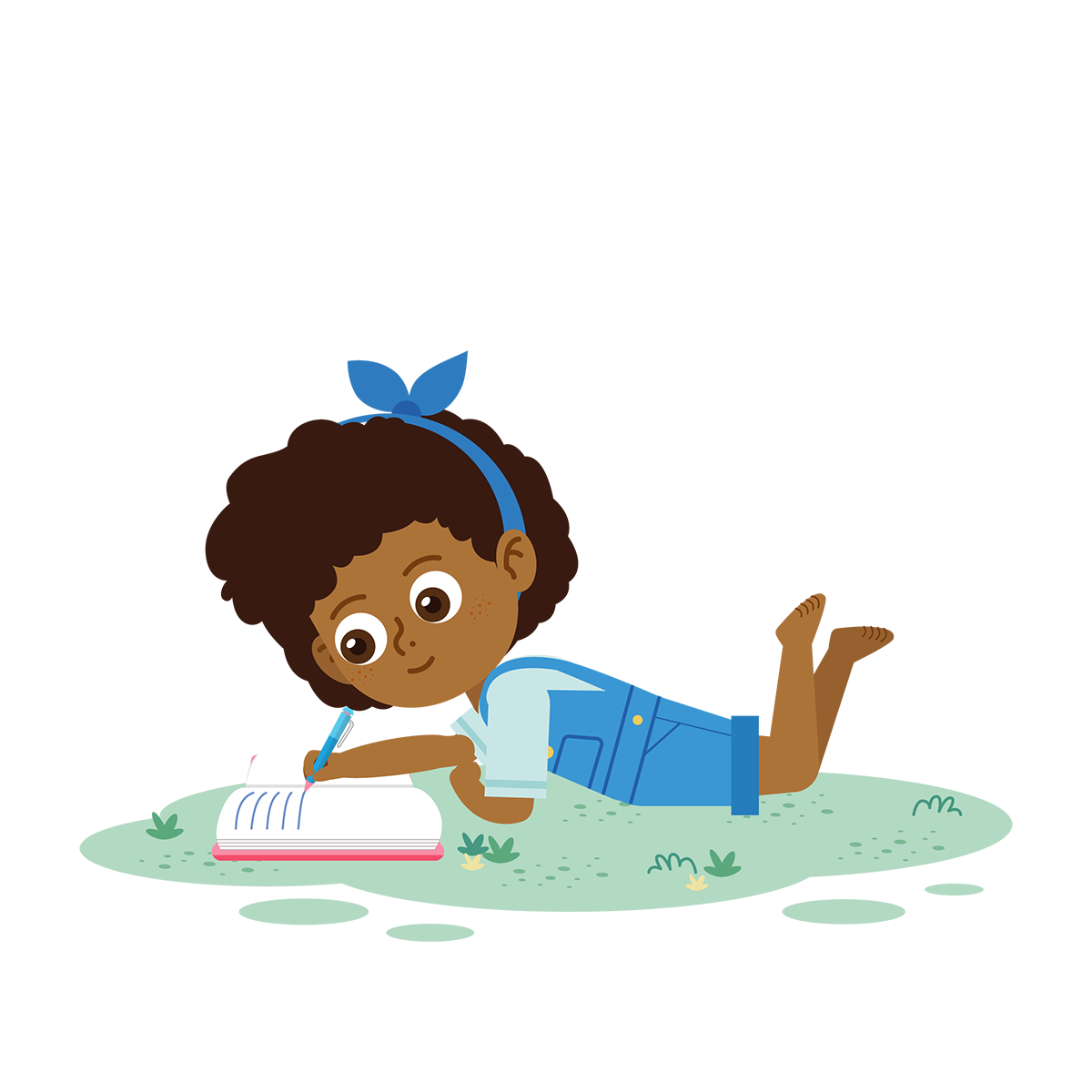
REFLECTING

SUBTLE SENSING

EMPATHISING

DISCERNING PATTERNS
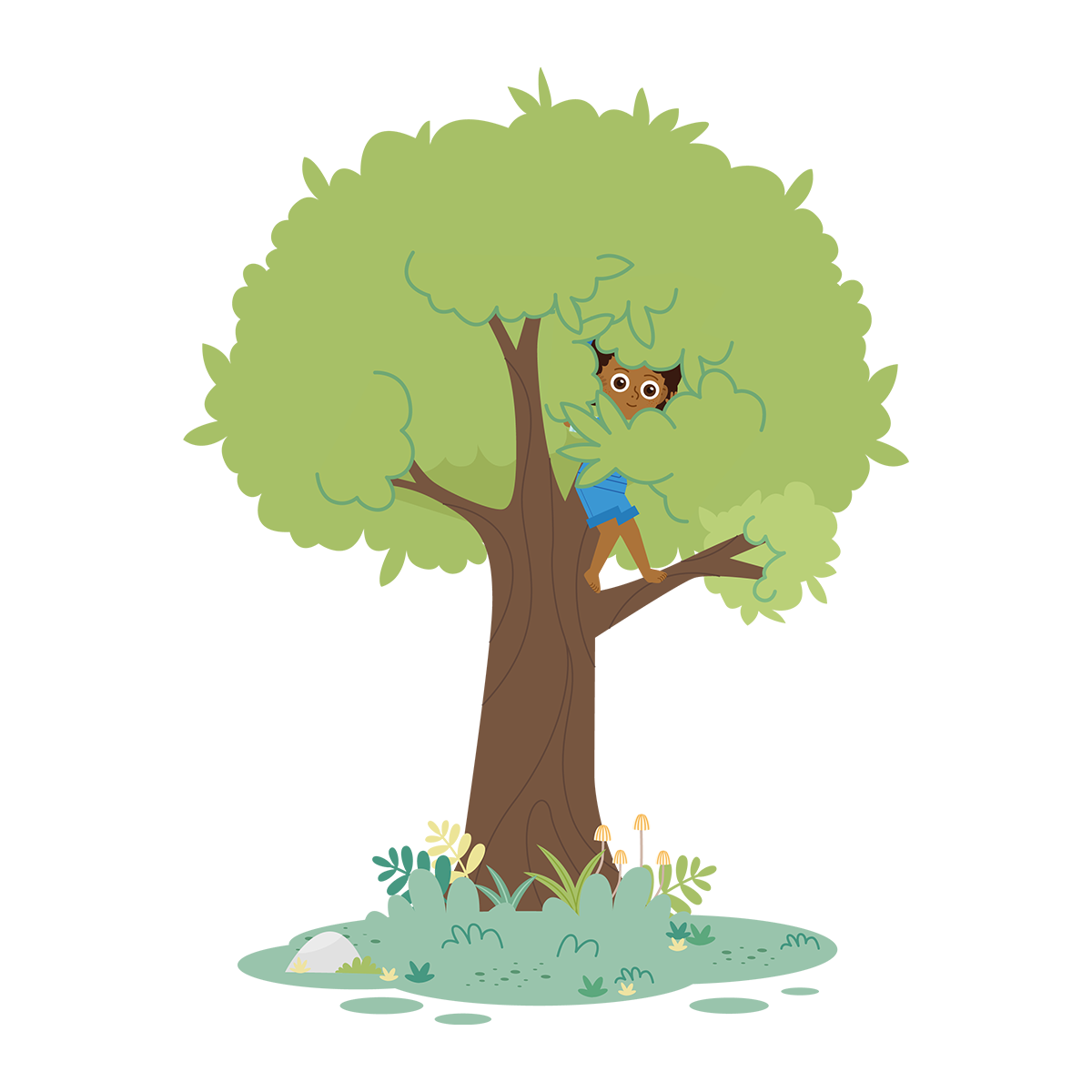
BODY SENSING
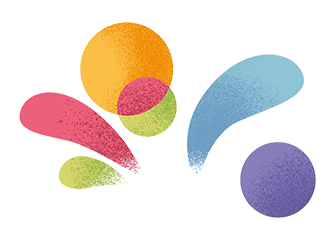
Principles for Action
From the framework, we have divised the following principles for action which we offer as a common language to guide children, adults and institutions in creating together environments that place well-being at the heart of all their endeavours.
Wholeness
Cultivate expressions of wholeness in people, communities and societies: creating environments for physical, emotional, mental and spiritual development through the practice of core capacities.
Purpose
Allow the unfolding of unique potential in individuals and communities: nurturing behaviours’ that provide purpose, meaning and direction in every activity.
Diversity
Respect individual uniqueness and diversity: encouraging diverse perspectives and multiple expressions.
Relationships
Emphasise the quality of relationships: focusing on process and seeing the other as a competent partner.
Participation
Support the active participation of those concerned, involving everyone in decisions that impact them.
Systems
Recognise nested systems as influencing one another: providing opportunities for different sectors and disciplines to work together.
Feedback
Ensure conditions for feedback and self-organisation: measuring what matters for the well-being and sustainability of any system.
This report explores how core capacities support children’s early development, life skills, and well-being across different learning environments.
